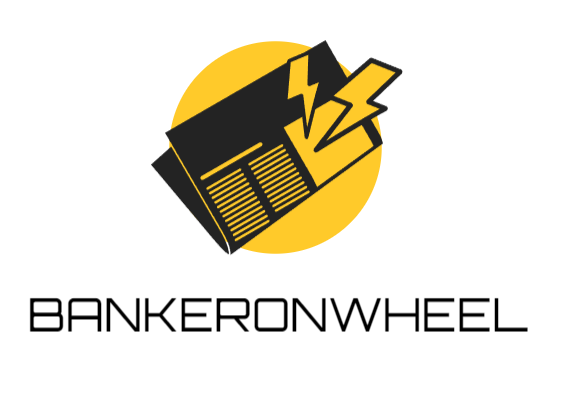Exploring the Technological Advancements Shaping the Future of the Economy

The world as we know it is changing at an unprecedented pace, thanks to the rapid advancements in technology. These advancements are not only transforming our daily lives but are also reshaping the global economy. From artificial intelligence to blockchain, the future of the economy is being written in the language of technology.
Artificial Intelligence (AI) is one of the most significant technological advancements shaping the future of the economy. AI is no longer a concept confined to science fiction; it’s a reality that’s impacting various sectors of the economy. From healthcare to finance, AI is revolutionizing the way businesses operate, making processes more efficient and accurate. For instance, AI algorithms can analyze vast amounts of data to predict market trends, enabling businesses to make informed decisions. Moreover, AI-powered automation is replacing repetitive tasks, freeing up human resources for more complex tasks, thereby increasing productivity and efficiency.
Next up is the Internet of Things (IoT). This technology connects everyday objects to the internet, allowing them to send and receive data. The IoT is transforming industries by providing real-time information, which aids in decision-making and improves operational efficiency. For example, in the manufacturing sector, IoT devices can monitor equipment and predict when maintenance is needed, preventing costly downtime. In the retail sector, IoT can track consumer behavior and preferences, enabling businesses to offer personalized experiences and products.
Blockchain technology is another game-changer. Initially associated with cryptocurrencies like Bitcoin, blockchain has potential applications far beyond digital currencies. Its ability to create secure, transparent, and tamper-proof records makes it an attractive option for sectors like finance, supply chain, and healthcare. For instance, in the finance sector, blockchain can streamline transactions by eliminating the need for intermediaries, reducing costs, and increasing speed. In the supply chain, blockchain can enhance transparency and traceability, ensuring ethical and sustainable practices.
Then there’s 5G technology, the next generation of mobile internet connectivity. 5G promises faster speeds, more reliable connections, and the ability to connect more devices at once. This technology will enable the full potential of AI and IoT, as both require fast and reliable internet connections to function optimally. Moreover, 5G will revolutionize industries like entertainment and gaming by enabling virtual reality and augmented reality experiences. It will also facilitate remote work and learning, making them more efficient and accessible.
Lastly, let’s not forget about big data. In our digital age, we’re generating an enormous amount of data every second. Big data technologies enable us to store, process, and analyze this data to extract valuable insights. These insights can inform business strategies, drive innovation, and give companies a competitive edge. For example, by analyzing customer data, businesses can identify trends and patterns, enabling them to predict future behavior and tailor their offerings accordingly.
In conclusion, technological advancements are reshaping the future of the economy in ways we could only dream of a few years ago. They’re making businesses more efficient, driving innovation, and creating new opportunities. However, they also present challenges, such as data privacy concerns and the risk of job displacement due to automation. Therefore, as we embrace these technologies, it’s crucial to also consider their ethical implications and strive for a future where technology serves everyone, not just a few.

